1. Breaking a Mirror Means Seven Years of Bad Luck
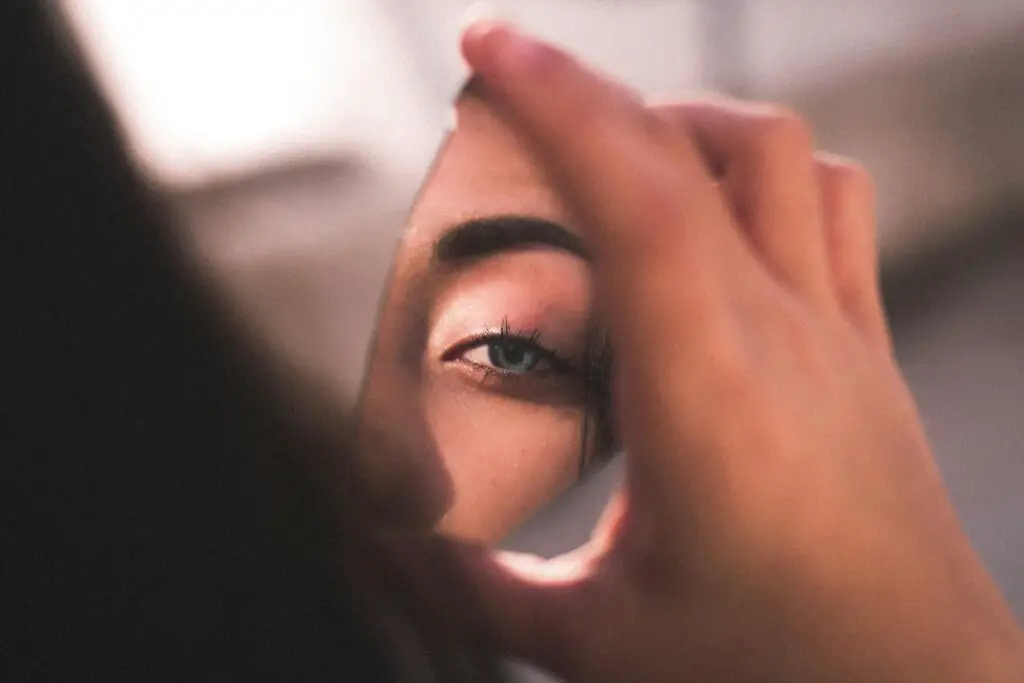
Boomers grew up terrified of shattering a mirror, believing it would curse them with seven years of bad luck. The idea supposedly comes from ancient times when people thought mirrors reflected their souls—so breaking one meant shattering a piece of yourself. Parents warned kids to tread carefully around glass, making them feel like they were carrying a ticking time bomb every time they picked up a hand mirror. If a mirror did break, desperate attempts to reverse the curse followed, from burying the pieces to throwing salt over their shoulder. Some even believed the only way out of the bad luck was to wait the full seven years, as if fate had an unbreakable contract with the universe. But now, we know that a broken mirror just means an inconvenient mess and possibly an unexpected Home Depot trip says USA Today.
It’s hard to imagine modern kids being afraid of something so silly when they have much bigger worries—like their phone screen cracking. Plus, if the bad luck rule were true, wouldn’t every clumsy person be doomed for life? Superstitions like this probably survived because adults needed a reason to make kids stop running in the house. If someone actually believed in this, they’d probably be tracking their “bad luck expiration date” in a calendar. But the reality is, mirrors break, and life goes on.
2. Stepping on a Crack Breaks Your Mother’s Back
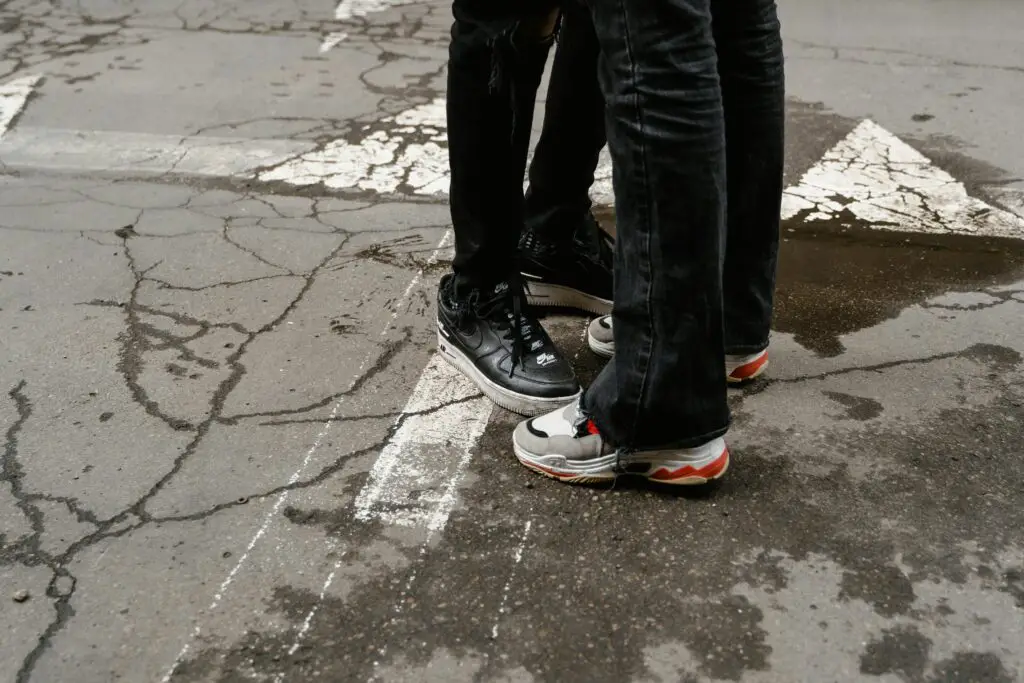
This one haunted kids on every walk to school, making them hop around sidewalks like they were in an obstacle course. The fear of causing actual physical harm to their moms just by stepping wrong had to be overwhelming. Of course, no one ever stopped to question how, exactly, the sidewalk had a direct connection to their mother’s spine. But that didn’t stop kids from taking it seriously, with some even testing the theory by purposefully stepping on a crack—only to run home in a panic to check if their mom was okay. It’s wild to think this ever had a hold on anyone, but kids were impressionable and superstitions have a way of taking root explains the Columbus Dispatch.
Nowadays, it just seems like an odd rhyme meant to scare kids into being more careful. Maybe it was originally a way to keep children from tripping on uneven sidewalks, but it turned into something much darker. If this superstition were real, chiropractors would be investigating sidewalks for causing a nationwide back pain crisis. Modern kids are more likely to trip over their own shoelaces while looking at their phones than worry about a sidewalk crack. And honestly, with the state of infrastructure in some places, avoiding cracks is pretty much impossible.
3. If Your Ears Are Burning, Someone’s Talking About You
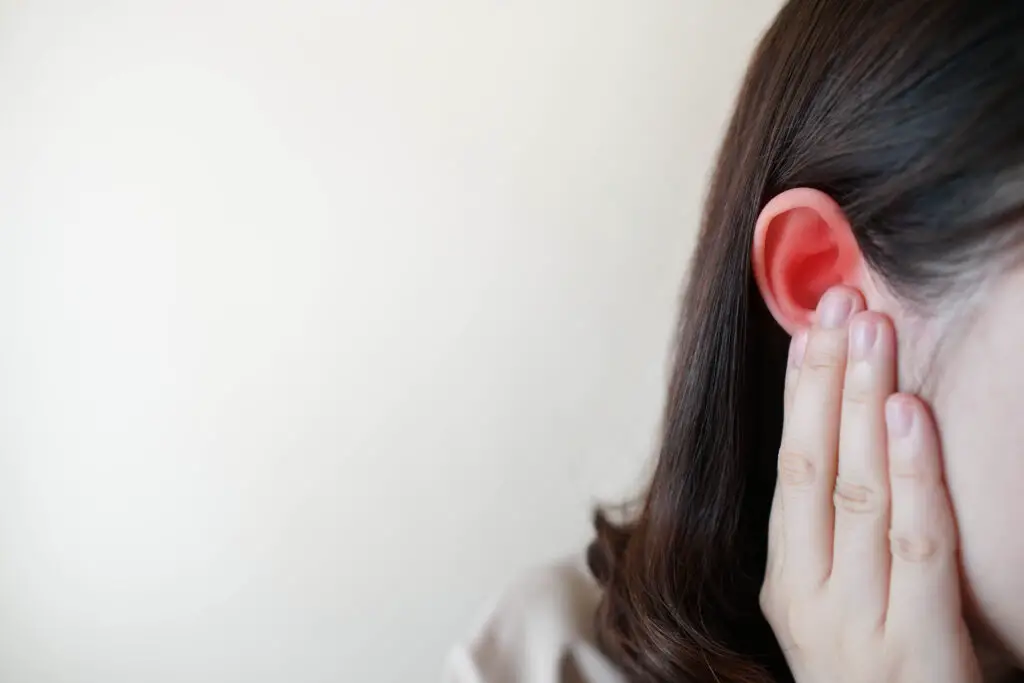
Boomers grew up thinking their bodies could sense gossip, with the ultimate tell being burning ears. The idea was that if your ears got hot, someone, somewhere, was talking about you. It didn’t matter if it was a good or bad conversation—your ears were supposedly tuned into the universe’s social network. Some people even tried to guess who it was based on which ear was burning, adding another unnecessary layer of paranoia. This turned every sudden ear flush into a mini-existential crisis, making people wonder if their crush liked them or if their neighbors were spreading rumors.
Now, we know ear burning usually means something logical, like a temperature change or a mild allergic reaction says NBC News. But for boomers, this superstition stuck around well into adulthood, fueling paranoia at family gatherings. It’s funny to imagine someone thinking their ears are psychic while completely ignoring the fact that gossip spreads through text messages now. At this point, if ears really burned when someone talked about you, most people’s ears would be on fire 24/7. The real lesson here? If you’re worried about what people are saying, just ask them—or better yet, don’t worry about it at all.
4. Swallowing Gum Means It Stays in Your Stomach for Seven Years

Boomers grew up believing that swallowing gum was basically a digestive death sentence. Parents swore it would sit in their stomach for seven years, untouched and unbroken down, like a permanent piece of internal trash. This turned every accidental gum swallow into a moment of sheer panic, with kids imagining their stomach slowly filling up with an ever-growing wad. The logic never really made sense, but that didn’t stop kids from thinking they had permanently messed up their insides. Even doctors had to start debunking the myth because so many people actually believed it.
In reality, gum doesn’t stick around any longer than anything else—it just passes through like everything else you eat. The myth probably started because parents wanted kids to stop swallowing gum, which, fair enough, isn’t a great habit. But the idea of gum haunting your digestive system for years is just ridiculous now. With all the processed food people eat today, gum is probably the least of anyone’s worries. If this were true, hospitals would be full of people carrying around years’ worth of chewing gum in their bodies, which, thankfully, is not the case.
5. If You Shiver for No Reason, Someone’s Walking Over Your Future Grave

This one takes creepy to a whole new level, making an innocent shiver feel like a ghostly omen. Boomers grew up believing that if they randomly shivered, it meant someone was walking over the spot where they would eventually be buried. It’s a weirdly specific superstition that raises more questions than answers. How would that even work? Why would someone’s future grave already be set in stone before they were even born? It’s like fate had already marked the spot and was sending a cold chill as a reminder.
Of course, we now know that shivering is just the body’s way of regulating temperature or responding to a sudden chill. But for boomers, this superstition added unnecessary dread to an already uncomfortable moment. Imagine getting goosebumps and immediately thinking about your inevitable demise—it’s a wonder anyone made it through childhood without developing anxiety. These days, if you shiver, it’s probably because someone turned the AC up too high or you forgot your jacket. The only thing this superstition proves is that people have always been weirdly obsessed with predicting the future.
6. Knocking on Wood Prevents Bad Luck
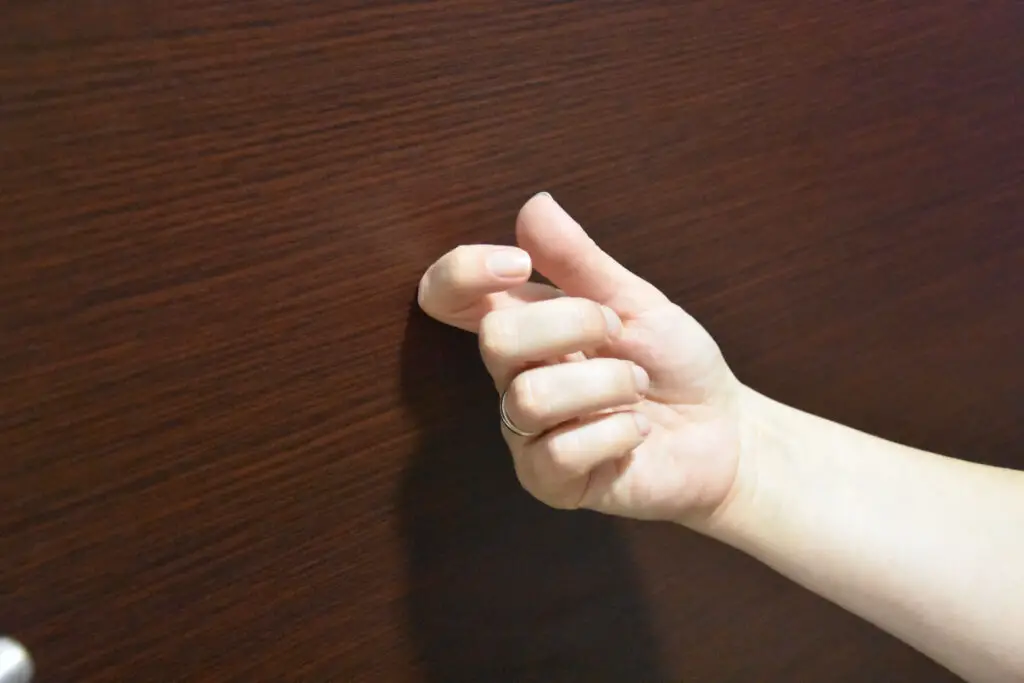
Boomers were constantly knocking on wood to ward off bad luck, turning every casual conversation into a desperate search for the nearest wooden surface. The idea was that if you said something optimistic—like, “I’ve never broken a bone”—you had to immediately knock on wood to prevent fate from proving you wrong. Some people even carried small wooden objects just in case, which is an impressive level of dedication to a superstition. It’s unclear where this belief started, but some say it comes from ancient tree-worshiping traditions. Whatever the case, it stuck around long enough to be ingrained in boomer culture.
These days, knocking on wood is more of a joke than a serious belief, though some people still do it out of habit. Realistically, your words don’t have the power to summon disaster, and knocking on wood won’t stop anything from happening. If life actually worked that way, we’d all be surrounded by wood paneling just to stay safe. But since fate doesn’t care whether you knock on your desk or not, this superstition is basically just an excuse to hit furniture. The real takeaway here? Maybe just be careful what you say out loud, not because of bad luck, but because words have a way of coming back to haunt you.
7. Opening an Umbrella Indoors Brings Bad Luck
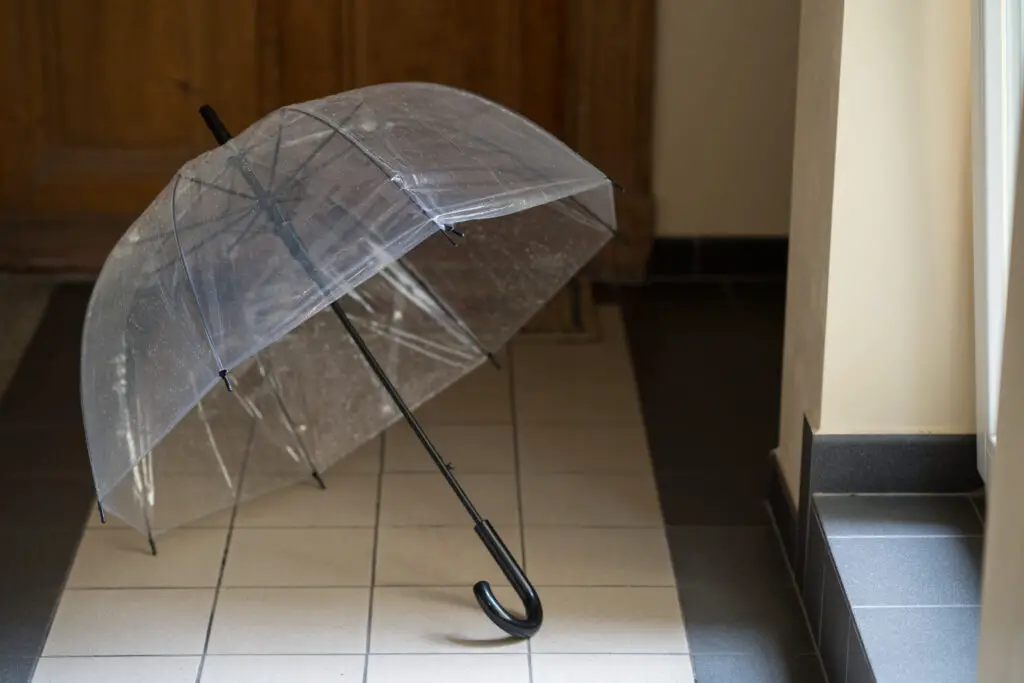
Boomers were convinced that popping open an umbrella indoors was practically asking for disaster. Whether it was bad luck, a sign of impending misfortune, or just an outright curse, the superstition had kids nervously double-checking before touching an umbrella inside. Parents would snap at them to close it immediately, as if the entire household’s fortune was hanging in the balance. Some even believed that the severity of the bad luck depended on how long the umbrella stayed open, which is just adding unnecessary stress to an already strange belief.
Nowadays, it’s obvious that opening an umbrella indoors just increases your chances of knocking something over—not summoning bad luck. The origin of this superstition likely comes from the days of old, when umbrellas were made with stiff metal spokes that could easily break fragile objects inside a home. But instead of just saying, “Don’t break the lamp,” people turned it into a whole superstition. At this point, most people are more worried about their umbrella actually working when they need it, not whether it was ever opened indoors. If bad luck were truly real, it would probably have better things to do than stalk people over an umbrella.
8. Picking Up a Penny Only Brings Good Luck If It’s Heads Up
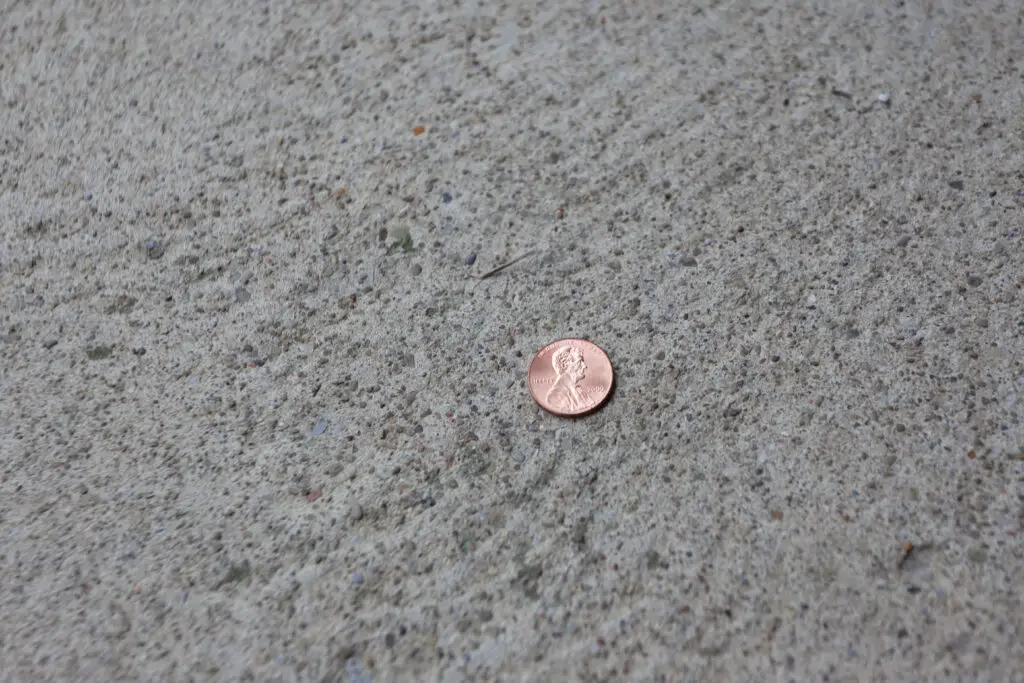
Finding a penny on the ground was like a mini lottery win for boomers, but only if it was heads up. If it was tails up, they either left it there or flipped it over for the next person, as if they were passing along a financial curse. The idea that one side of a coin was lucky while the other was unlucky never made much sense, but it became one of those things people just did without questioning it. Some even believed picking up a tails-up penny could bring a full day of misfortune, which is a lot of power for a tiny piece of copper.
Today, people are more likely to ignore pennies altogether since they’re basically worthless. And if someone does pick one up, it’s probably out of nostalgia or just because money is money. The idea that luck depends on the way a penny lands is a little ridiculous considering how completely random it is. If this superstition were true, shouldn’t vending machines and coin tosses be causing all sorts of chaos? In reality, luck isn’t stored in pocket change, and most people’s biggest concern with a penny is whether it’s worth bending down to grab.
9. Dropping a Dishcloth Means Unexpected Company Is Coming
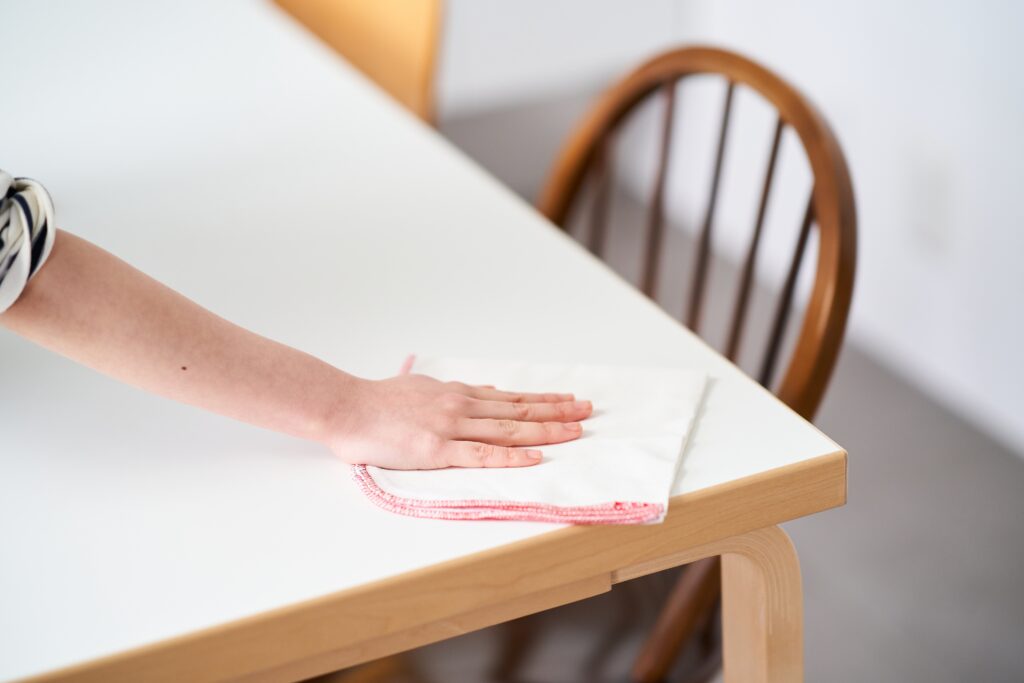
Boomers believed that accidentally dropping a dishcloth was a sure sign that unexpected guests were about to show up. This meant that every time a towel hit the floor, someone would jokingly say, “Better get ready for company!” as if dish towels had some secret knowledge about upcoming visitors. It’s unclear where this one came from, but it likely started as a way to explain sudden drop-ins before the days of cell phones. Parents would even rush to clean up just in case the superstition proved true, reinforcing the belief every time someone actually did show up.
Now, the only thing dropping a dishcloth means is that you have to bend over and pick it up. There’s no magical connection between cleaning supplies and people showing up at your door. If this superstition were real, restaurants and kitchens would be full of unannounced guests just wandering in. Plus, with how much people text before visiting nowadays, the idea of “unexpected company” barely even exists. The only real fear here is dropping the dishcloth into something gross, which is actually a legitimate problem—just not a supernatural one.
10. Throwing Salt Over Your Shoulder Prevents Bad Luck

If a boomer spilled salt, their next move was automatic—grab a pinch and toss it over the left shoulder. The idea was that spilling salt was bad luck, but throwing some over your shoulder would blind the devil and cancel it out. People took this so seriously that some even panicked if they forgot to do it, convinced they had just cursed themselves. The superstition likely comes from ancient times when salt was valuable, and wasting it was seen as a bad omen. But somehow, it turned into a full-blown ritual that people still follow today.
Now, tossing salt around just seems like a waste of perfectly good seasoning. The only thing you’re risking by spilling salt is making a mess and maybe irritating your waiter if you’re at a restaurant. If bad luck could actually be reversed with table condiments, life would be a lot easier. At this point, people should be more worried about their sodium intake than whether a pinch of salt can ward off evil. If someone really believes in this, they should probably just invest in a salt shaker necklace and call it a day.
11. Wishing on a Wishbone Grants You Good Luck
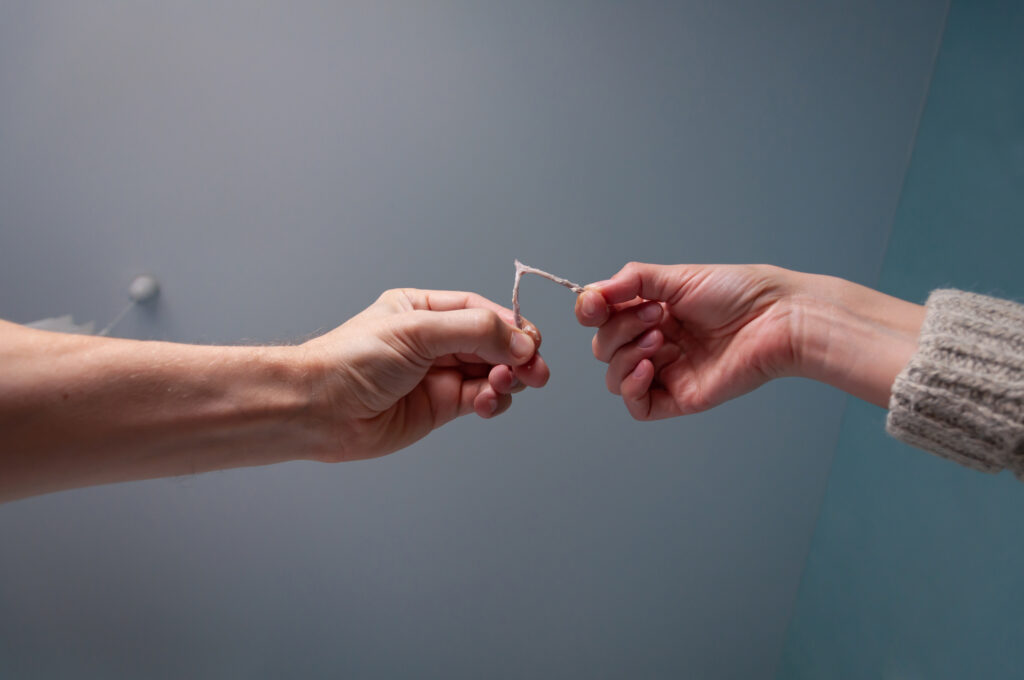
Boomers had an entire tradition built around fighting over the wishbone from a turkey or chicken. Two people would each grab a side, make a wish, and pull until the bone snapped. Whoever got the bigger piece supposedly got their wish granted, while the other person was just left with a small, sad piece of bone. It was basically a competition to see who could get the better end of a poultry skeleton, all in the name of luck. Some families took it so seriously that they even let the wishbone dry out for days before breaking it, as if that somehow made the magic stronger.
Of course, there’s no actual reason to believe a brittle bone can determine your future. The only thing this tradition really guarantees is that someone ends up slightly disappointed. If wishbones really worked, you’d think people would be hoarding them for life-changing wishes instead of just hoping for a new bike or a good report card. These days, most people are more focused on getting all the meat off the turkey than waiting for a tiny bone to dry. At best, it’s a fun tradition—but as far as luck goes, you’d have just as much success flipping a coin.
12. A Black Cat Crossing Your Path Brings Bad Luck
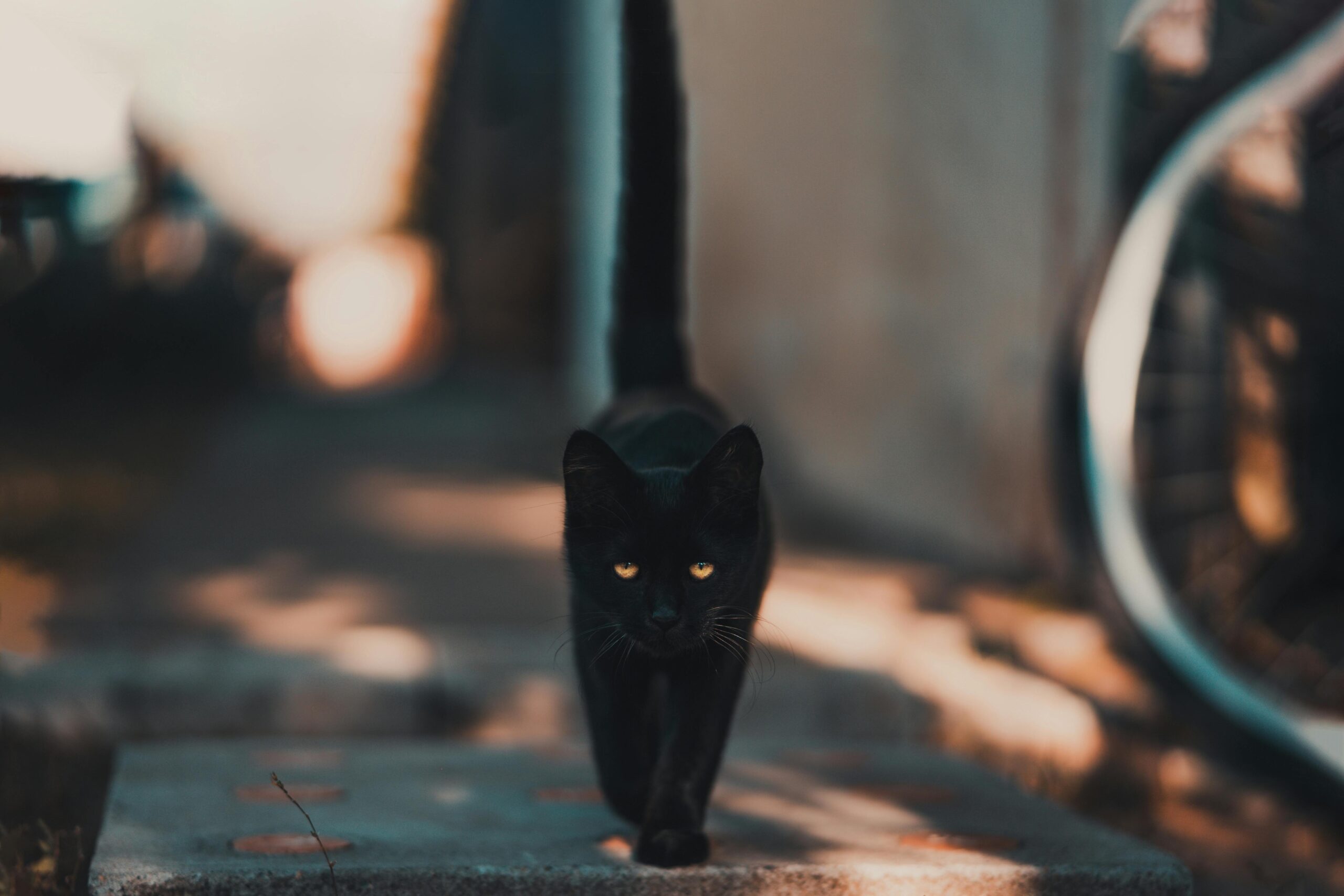
Boomers grew up avoiding black cats like they were tiny, furry omens of doom. If one crossed their path, they were convinced that something terrible was going to happen. Some people even took it so seriously that they’d turn around and go a different way just to avoid crossing the cat’s imaginary bad luck trail. This superstition goes way back to medieval times when black cats were associated with witches, but somehow, it managed to last well into the ’50s and ’60s. It’s not like the cat was doing anything sinister—it was just walking.
Now, we know that black cats aren’t bad luck—they’re just cats. If anything, they’ve had the worst luck of all since this superstition made them less likely to be adopted. It’s hard to believe people still buy into the idea that an innocent animal can determine their fate. If black cats really had that kind of power, wouldn’t they be using it for something more interesting than ruining someone’s day? The real lesson here is that superstitions can be pretty unfair, especially to animals that just want a good home and some treats.
13. Sleeping with Your Feet Uncovered Lets Ghosts Grab You

Boomers believed that sleeping with their feet uncovered made them an easy target for ghosts, demons, or whatever unseen force was lurking in the darkness. Kids would panic if their foot slipped out from under the blanket, convinced that some supernatural hand was just waiting to grab their ankle. It didn’t help that scary movies and urban legends reinforced the idea that something under the bed was always ready to snatch unsuspecting feet. This led to some serious blanket clutching, even in the middle of summer when it was way too hot for full coverage.
Of course, nothing is actually waiting to grab anyone’s feet, except maybe an overeager pet. But the fear of the unknown is powerful, and for some people, this superstition never really goes away. Even as adults, some boomers still feel uneasy about letting their feet dangle off the bed. The reality is, the only thing you risk by sleeping uncovered is getting a little chilly. But somehow, this childhood fear stuck around, proving that sometimes, the silliest superstitions are the hardest to shake.
